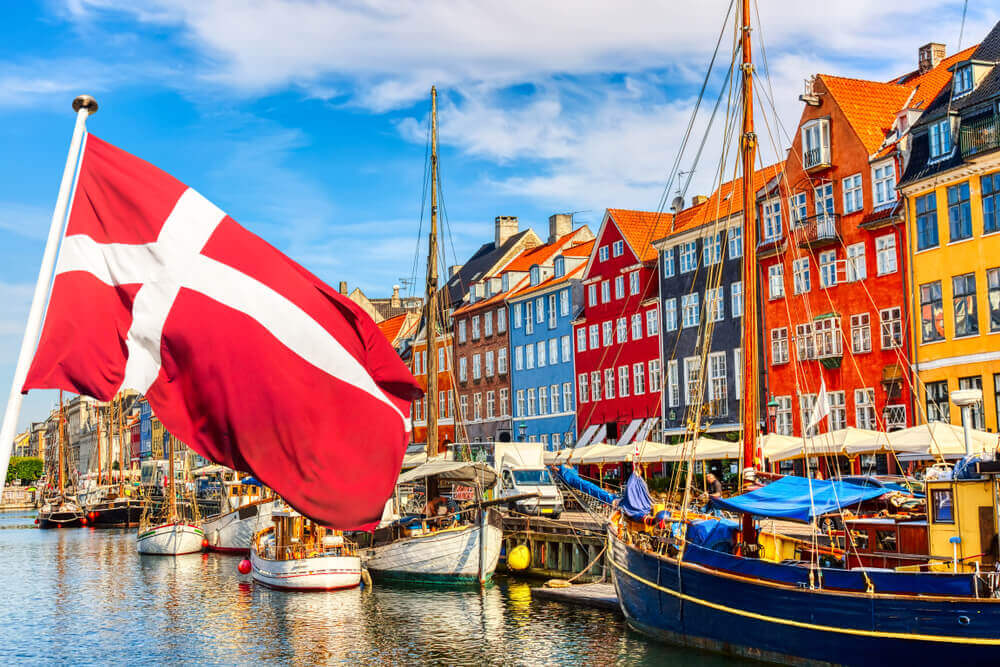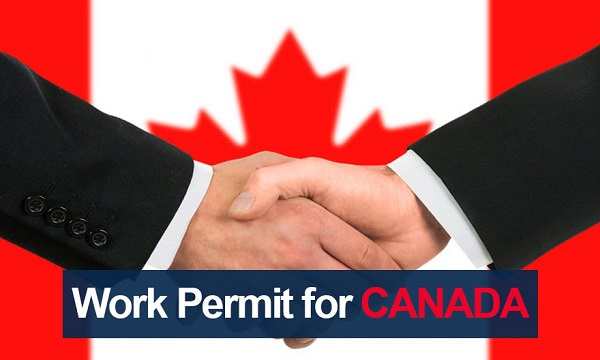Getting a work visa for Denmark involves several steps and requirements. This comprehensive step-by-step guide will walk you through the process. Please note that immigration policies may change over time, so it’s always a good idea to double-check the official Danish immigration website for the most up-to-date information.
Determine the type of work visa you need:
Denmark offers different types of work visas depending on your situation. The most common work visas are the Pay Limit Scheme, the Positive List Scheme, and the Fast-track Scheme. Research which visa category applies to your circumstances and qualifications.
Find a job in Denmark:
Before applying for a work visa, you must secure a job offer from a Danish employer. You can search for job openings on various online job portals, company websites, or consult recruitment agencies specializing in international placements.
Employer initiates the process:
Once you have a job offer, your employer in Denmark will play a crucial role in the visa application process. They must submit an application to the Danish Agency for International Recruitment and Integration (SIRI) on your behalf. The application must include relevant documents such as your employment contract, educational qualifications, and proof of work experience.
Wage and working conditions:
It’s important to ensure that the wage and working conditions offered by your employer meet the requirements set by Danish law. This includes adhering to minimum salary levels, working hours, and other employment regulations.
Application submission:
After your employer has initiated the process, SIRI will review the application and make a decision. If approved, you will receive a work permit or visa allowing you to work in Denmark. The processing time can vary, so be prepared for some waiting.
Gather necessary documents:
While your employer prepares the application, you should gather the required documents on your end. These commonly include a valid passport, educational certificates, a copy of your job contract, and proof of financial means to support yourself in Denmark.
Medical insurance:
Before arriving in Denmark, you should arrange medical insurance coverage. The Danish government requires that you have comprehensive health insurance to cover any healthcare expenses during your stay.
Housing and accommodation:
Research housing options in Denmark and make arrangements for your accommodation. Whether you choose to rent or buy a property, it’s advisable to start your search early as finding suitable housing can take time.
Work and residence permits:
Once your application is approved, you will receive a work permit or residence permit depending on the type of visa you applied for. The permit will specify the duration and conditions of your stay in Denmark. Make sure to review the permit thoroughly and comply with any requirements or restrictions.
Registration with local authorities:
After arriving in Denmark, you must register your address with the local authorities within a certain timeframe. This process is known as “CPR registration.” You will receive a personal identification number (CPR number) that is essential for various administrative tasks, including opening a bank account and accessing public services.
Integration and language requirements:
Denmark has integration and language requirements for certain work visas. Depending on your situation, you may need to complete language courses or attend integration programs. Familiarize yourself with these requirements and fulfill them within the specified timeframes.
Renewal and extension:
Work permits in Denmark have an expiration date. If you wish to stay longer, you will need to renew or extend your permit. Be aware of the renewal process and ensure you apply well in advance of your permit’s expiration to avoid any gaps in your legal status.
Permanent residency and citizenship:
If you plan to live in Denmark for an extended period, you may eventually be eligible to apply for permanent residency or Danish citizenship. The requirements for these processes are distinct and often have individual requirements. To obtain permanent residency, you generally need to have resided in Denmark for a certain number of years, demonstrated integration into Danish society, and met specific criteria regarding language skills, employment, and financial stability. Citizenship applications have additional requirements, including passing a Danish language test and fulfilling certain residency criteria.
Seek legal advice if needed:
Navigating the Danish immigration system can be complex, and individual circumstances may vary. If you have any concerns or questions regarding the work visa process, it’s advisable to seek legal advice from an immigration lawyer or a reputable immigration consultancy. They can provide personalized guidance based on your situation and ensure you have a clear understanding of the requirements and procedures.
Plan your move and settle in:
Once you have received your work visa and made the necessary preparations, it’s time to plan your move to Denmark. Arrange for transportation, pack your belongings, and make any necessary travel arrangements. Upon arrival, take the time to settle into your new environment, familiarize yourself with local customs, and make connections within your community and workplace.
Remember, the process of obtaining a work visa in Denmark requires thorough research, preparation, and adherence to the requirements set by Danish authorities. Stay organized, follow the guidelines provided by SIRI, and ensure that all necessary documents are submitted accurately and on time. Good luck with your journey to Denmark! Start now. Click here






